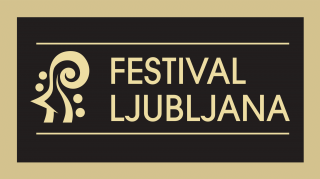Programme:
Frédéric Chopin:
Prelude in C minor Op. 28, No. 20
Fantasy – Impromptu, Op. 66
Berceuse in D-flat major, Op. 57
4 Mazurkas, Op. 24
Nocturne No. 21 in C minor, Op. posth.
Nocturne No. 20 in C-sharp minor Op. posth.
Ballade No. 1 in G minor, Op. 23
***
Franz Liszt:
Hungarian Rhapsody No. 3 in B-flat major, S. 244/3
Hungarian Rhapsody No. 6 in D-flat major, S. 244/6
Les jeux d‘eaux à la Villa d‘Este from Years of Pilgrimage III, S. 163/4
Sposalizio from Years of Pilgrimage II, S. 161/1
Mephisto Waltz No. 1 in A major, S. 514
The Hungarian pianist Tamás Érdi began his musical journey as a student of Erika Becht, the inventor of a unique method that allows people to learn and play without a score. He pursued further studies at the University of Music and Performing Arts in Vienna and the Royal Conservatory of Music in Toronto. He has won the Gundel, Junior Prima and Prima Primissima prizes and was awarded the Knight’s Cross of the Hungarian Order of Merit. He is also the artistic director of an annual open-air classical music festival at Lake Balaton. As a pianist, he focuses on the Romantic repertoire, which centres on Frédéric Chopin and Franz Liszt, whose dynamic body of work he will present in a recital in the Križanke Church. Chopin gave a unique twist to old forms such as the prelude, the fantasia, the mazurka and the nocturne, while in the case of the ballad he invented an entirely new musical genre. His sensitive and deep knowledge of the piano’s potential was unprecedented. It was only after Chopin’s death, however, that Liszt really came into his own. Liszt’s originality was not based on the invention of melody, harmony, counterpoint and rhythm, but on his original handling of texture and sound colours, and on the development of a unique, hitherto unattainable pianistic virtuosity


